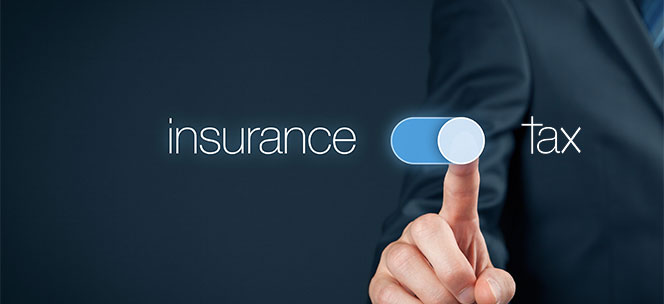It’s wrong to impose the PST on insurance premiums

A tax on responsibility is an irresponsible tax.
Premier Brad Wall is planning to charge the PST on insurance premiums. That will punish Saskatchewan families and businesses for taking responsibility to prepare for tough times. The premier has always said he’ll acknowledge mistakes and reverse them. This is a huge mistake.
Saskatchewan families should do some quick mental math and add up their insurance bills because they’re going up by hundreds of dollars.
PST charges on insurance will hit families differently, but let’s ballpark some numbers. A family might pay $97 a month to insure a used Dodge Caravan and another $81 a month to insure an older Honda Civic. Life insurance for both parents could be $78 a month. Insurance for the house might be another $147 a month. It adds up to $4,836 a year.
Adding the PST to that bill will cost that family $290 every year.
For Saskatchewan businesses, it’s worse.
Saskatchewan entrepreneurs need call their bookkeepers about their current insurance costs because they’re going up by thousands of dollars. For those insuring lots of vehicles, requiring bonding insurance or providing health benefits to numerous employees, the PST will cost tens or even hundreds of thousands of dollars.
Consider farmers. Tally up crop insurance, building insurance, vehicle insurance and livestock coverage and a farmer’s insurance bill can easily hit $100,000 a year. Many farmers pay much more. The PST will add thousand or tens of thousands to farm insurance bills.
In fact, Saskatchewan farmers paid more than $91 million in Saskatchewan Municipal Hail Insurance premiums last year. Imposing the PST on insurance premiums will spike the cost of that hail insurance by nearly $5.5 million per year.
Even organized labour will recognize it will be harder to negotiate for health benefits because premium costs are inflated by the PST.
Here’s the dirty secret about this issue: the Saskatchewan government already collects $150 million in hidden taxes on insurance premiums. The province has long charged a special 1 per cent tax on fire and auto insurance. It’s a 3 per cent tax on life, sickness, accident and hail insurance. The tax goes up to 4 per cent on all other insurance.
Premier Wall is imposing the PST on top of those hidden taxes. That means the province is forcing Saskatchewanians to pay a sales tax on a hidden premium tax. That indefensible tax on a tax will cost taxpayers about $9 million every year.
If the Saskatchewan government is already collecting $150 million through hidden insurance premium taxes, it’s a good bet the PST on insurance will cost taxpayers between $200 million and $300 million. Putting the PST on insurance premiums is a huge government cash grab.
This policy is even at odds with the government’s goals.
“This budget represents a fundamental shift in our tax system toward consumption, but away from income and productivity,” said Finance Minister Kevin Dougherty in his budget speech.
There’s a case for taxing consumption rather than income, but insurance is not consumption. Insurance is a form of saving. Premiums are savings we use when a home is destroyed by fire or crop is devastated by drought. It’s hard to imagine a government policy that’s served by discourage saving.
And while hitting insurance premiums with the PST will cost everyone, it’s profoundly unfair to some. This will place a disproportionate burden on entrepreneurs who need insurance to manage the many risks they take when they start businesses and create jobs. It will disproportionately burden farmers who need insurance to manage all of the risks that come with a livelihood that depends on the weather.
It’s irresponsible for Premier Wall to impose a tax on Saskatchewanians who are taking responsibility for protecting their homes, businesses, farms and families. Imposing the PST on insurance premiums is a mistake. Premier Wall must take responsibility for this mistake and reverse it.